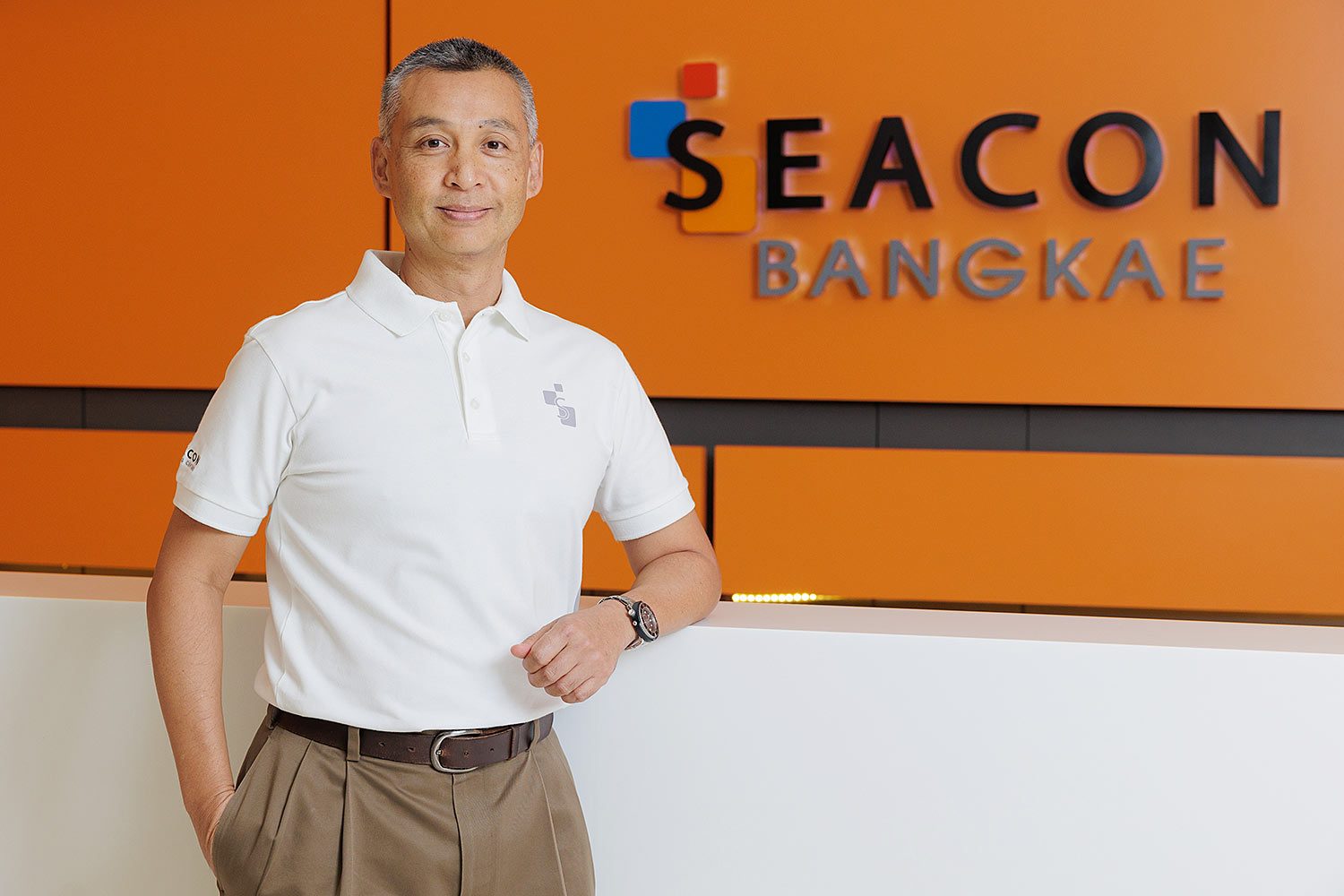
The overwhelming success of the impressive solar roof model project in Bangkok's Seacon Square Srinakarin shopping mall, under the initiation of Seacon Development Co., Ltd., is likely to become a significant turning point for Thailand's green society roadmap, showcasing a seamless combination of state-of-the-art technology and a commitment to make the world healthier and more sustainable. Green energy is no longer a high-cost investment with minimal benefits. Instead, it is now a worthwhile investment for companies that is not only good for the environment, but also creates substantial savings in the long run due to greatly reduced electricity bills and associated costs.
A main source of expenditure for department stores in Thailand is their electricity use, generating costs up to and exceeding hundreds of millions of baht a year. As one of the largest shopping centres in the country, these costs were likely to increase for Seacon Square in the not-too-distant future as electricity becomes a more sought-after resource. For these reasons, Seacon Development decided to take a crucial step by investing in world-class solar cell technology. The company initiated an overhaul of its rooftop at Seacon Square Srinakarin to host state-of-the-art solar cells, with 14,380 solar panels installed to a scale of 28,000 square meters, generating up to 24,000 kwh/day. The project was completed in 2021 and the power generated has since been utilized by the building and its car park, reducing the property's overall power bill by 17%.

Mr. Prote Sosothikul, Vice President, Operation Group of Seacon Development Co., Ltd., explained that the team conducted in-depth research in order to find the best solar cell technology solutions that would fit Thailand's climate, visiting potential plants in countries such as Malaysia, China, and South Korea. They found that the technology behind N-Type double-glass solar panels was the most suitable for energy production in Thailand despite the30% higher cost when compared with universally popular mono PERC glass panels. However, high-quality solar panels by themselves are not enough. To make the most effective use of solar cell technology, premium solar invertors are also required to convert the variable direct current (DC) output of a photovoltaic solar panel into a utility frequency alternating current (AC) that can then be fed into a commercial electrical grid or used by a local. It was at this stage that the enclosed control solar inverter from Huawei was found to be the perfect solution to counteract Thailand's humid climate and PM2.5 haze pollution, factors that usually create disadvantages for most open-casing control solar invertors which are not resistant to these types of conditions.
Huawei's products are widely used even in European countries due to their outstanding performance with regards to air flow and rust prevention on key components as well as their overall resistance to adverse weather conditions. In addition, the products are durable, with proven longevity under constant use and with low costs of maintenance. Moreover, Mr. Sosothikul explained that with Huawei's smart technologies, they are able to detect the quality of each solar cell panel's performance to make sure they are in optimal working condition. This cutting-edge detection technology helps users learn about real-time solar panel efficiencies and lets them know when it is necessary to replace older panels, allowing companies like Seacon Development to easily maximize the benefits and full capacity of solar power production in their operations.

"Thanks to these top-of-the-line technology solutions from Huawei, we can do more to achieve our green environment targets and reduce our energy consumption and greenhouse gas emissions. Solar energy is a key element for sustainable power development in Thailand. Power from the sun is clean, sustainable, and readily available, and technologies that harness it need to have strong support from both the public and private sector." he said.
Based on the company's latest figures, Seacon Square Srinakarin's solar roof project is the largest in ASEAN and could help reduce 1,000 tons of carbon dioxide emissions and 15,000 tons of carbon emissions per year. The amount of power produced per month is equivalent to the amount of power contributed to over 1,000 families per month. Furthermore, in 2022, the company extended the successful solar roof model to Seacon Bangkae, installing 9,576 solar panels that now produce 14,000 kwh/day while helping to reduce 10,200 tons of carbon emission per year, equivalent to 90,000 trees absorbing carbon dioxide gas. In total, the company invested 270 million bahtto realize both projects.
Mr. Sosothikul explained Seacon Development's vision: "I think the world has already changed. Whatever business you are doing, you must think about green environment initiatives and sustainable development. Our business is not a main source of pollutants, but we are ready to do our part to make the environment better. We are happy to do it and it has already proven successful, so we hope to lead by example and be a good model for others who may wish to follow us. To this end, we now have solar cell learning centers supported by Huawei at Seacon Square Srinakarin under the belief that clean energy should be accessible to all."

Seacon Development has also made additional investments in smart technologies for energy saving, particularly with a cutting-edge chiller system and smart temperature controls for their properties. Seacon Square Srinakarin is also the first shopping centre in the country to establish a free Wi-Fi bus-stop with air conditioning generated by solar roof energy. The company has plans to expand the solar cell system to other business lines under the company's management, such as its construction business, manufacturing plants, and more. In addition, the company plans to study the possibility of creating biofuels from human waste collected from the 130,000 people visiting their malls on average every day.